1. Pick Up a Penny When it’s Heads-Up
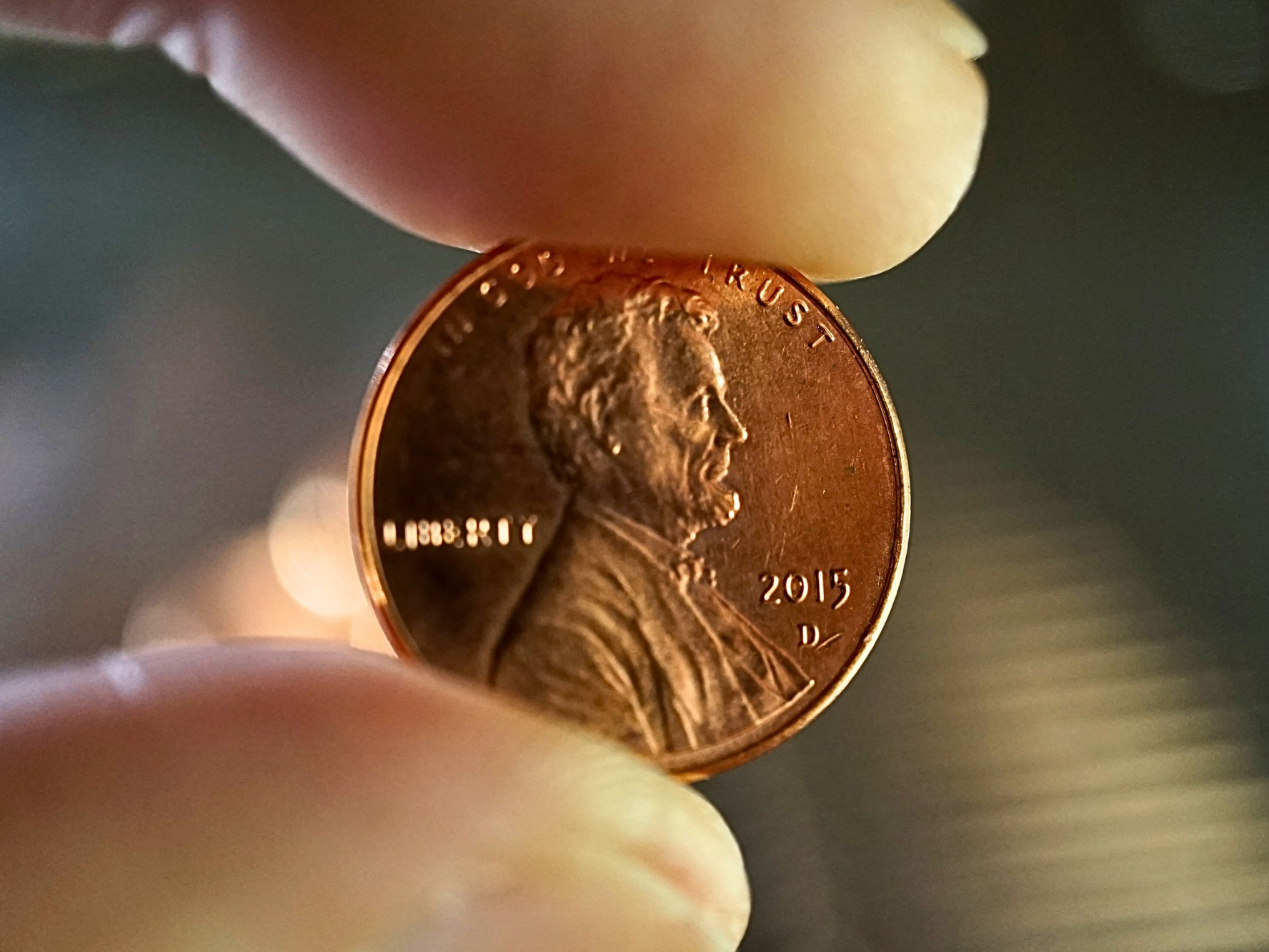
“Find a penny, pick it up, all day long you’ll have good luck.” That rhyme carries centuries of belief. The idea is that a penny showing heads (with Lincoln or another figure) brings authority and positive energy, whereas tails are unlucky. Nowadays, many still pick up a heads-up penny. If you find one tails-up, the custom is to flip it over for someone else to chance on that luck. Some even say the fortune only lasts one day while others treat it like sharing good vibes. A Reddit user noted, “When I find a penny, if it’s heads‑up I pick it up, and if it’s tails‑up I flip it over and leave it…”
2. Hold Your Breath (or Pull a Button) When Driving Past a Cemetery

This age-old superstition still lingers in cars across the country—especially with kids in the backseat. The belief? If you don’t hold your breath while passing a cemetery, a spirit might sneak into your body. Some versions say to tug on a shirt button instead, a gesture meant to “close yourself off” to the spirit world. The origins are murky, but likely stem from ancient fears of the dead or the idea that cemeteries were liminal spaces—where the veil between worlds was thin. Whether you do it out of habit or humor, it’s one of those little rituals that still gives people a strange, nostalgic thrill.
3. Toss Salt Over Left Shoulder

Ever knocked over salt and immediately tossed a pinch over your left shoulder? This isn’t a random superstition, it was believed to blind or ward off the devil lurking behind you. The devil, after all, is sneaky, and hiding right over your left shoulder! Most people today still mimic the motion almost out of habit. They might not know it’s supposed to trick evil spirits, but the act sticks. In the Victorian era, this little gesture was part of a wide toolkit of domestic rituals meant to keep homes safe and luck intact.
4. Don’t Open an Umbrella Indoors
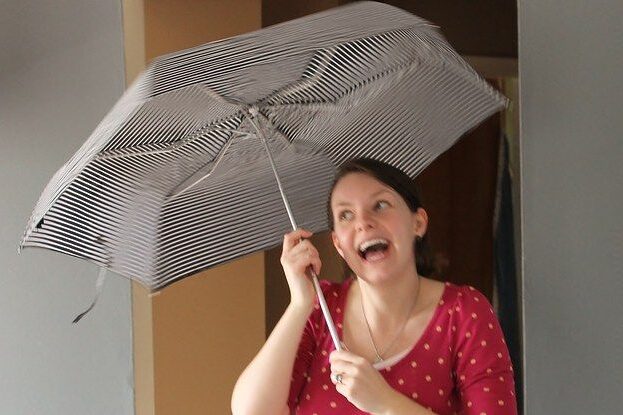
Opening an umbrella inside is still a big no-no, and not just because you might poke someone nearby. Long ago, people believed it would anger household spirits or “shade” your good fortune.
Because of that, Umbrellas began outdoors, shielding from rain and sun. To open one indoors was seen as disrespectful to protective spirits or ancestors. Over time, it became shorthand for inviting bad luck. Today, you’re more likely to hear a parent tut at a clumsy guest, “Don’t open that in here!” Because the underlying caution about unseen forces still echoes through that simple rule.
5. Knock on Wood
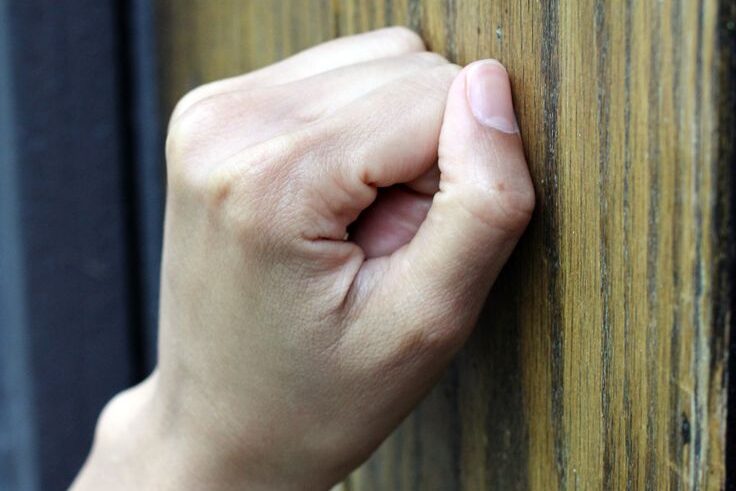
The simple act of tapping a wooden surface after saying something optimistic feels almost reflexive because it is believed to be how we try to dodge the jinx. This tradition dates back to ancient pagan cultures like the Celts and Germanic tribes, who believed that spirits lived in trees and knocking was a way to call on these spirits for protection or to thank them, and to distract evil forces from overhearing your hopes. Though few people now think trees harbor actual spirits, the practice subtly endures. You’ll still hear someone say “knock on wood” after bragging about their good fortune or getting a clean bill of health. What began as a sacred ritual has now transformed into a shared gesture of humility, caution, and even gratitude.
6. Breaking a Mirror = 7 Years Bad Luck
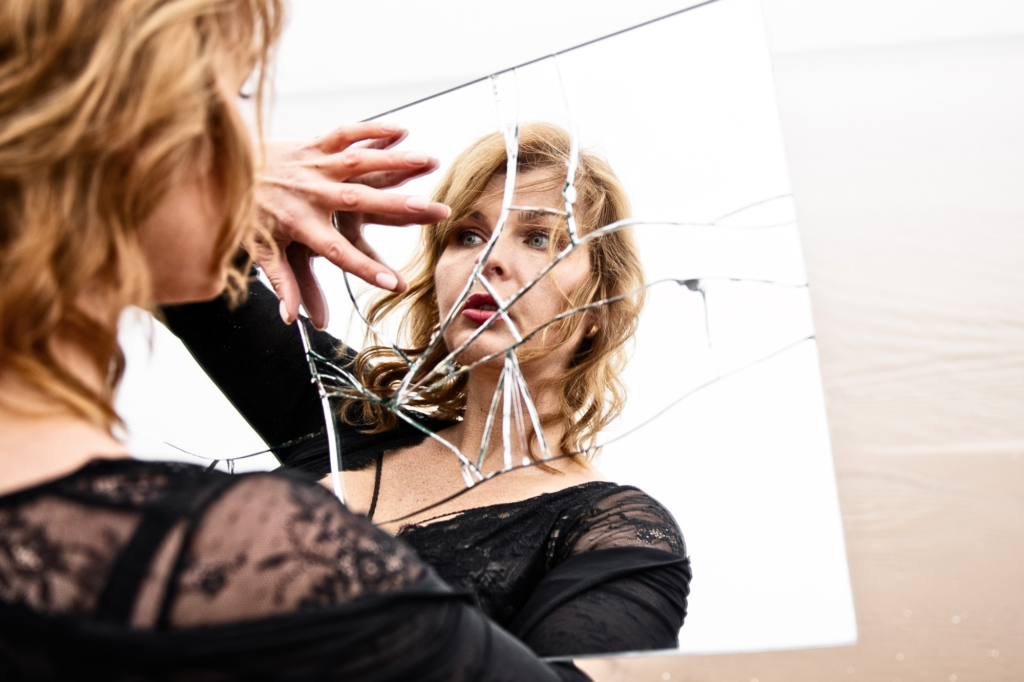
Breaking a mirror doesn’t just mean cleaning up shards; according to superstition, it shatters your soul with it. Ancient Romans believed mirrors held a reflection of the soul, and breaking one distorted that image, thereby inviting misfortune. They also thought the soul and by extension, the body renewed itself every seven years, hence the length of the bad luck. Over time, it became embedded in popular culture of dropping your mirror, and suddenly you’re weaving through “seven years of bad luck.” Some still follow old remedies by burying the pieces under moonlight, sending them downstream in a river, or crushing them into powder to break the curse. What was once a deeply spiritual belief has softened into an anxious superstition and nothing more than a moment of pause before sweeping up broken glass.
7. No Nail-Cutting at Night
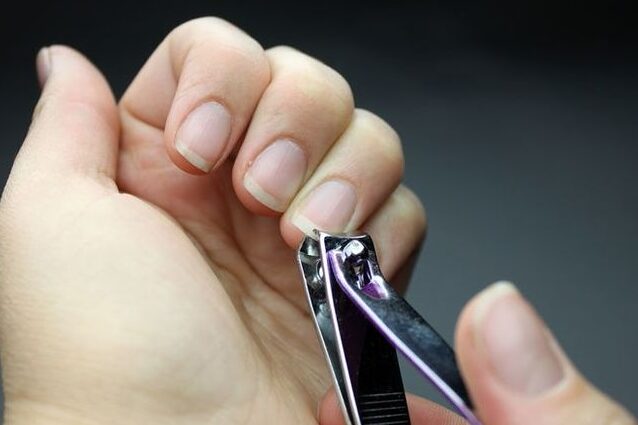
In Japan and parts of South Asia, cutting your nails after dark is considered unlucky, with roots in both practical caution and wordplay. Before electric lights, the risk of injury in dim conditions was real but the superstition evolved into a linguistic one. In Japanese, the phrase for “cutting nails at night” sounds like “cutting life short,” especially the life of one’s parents. Parents would warn children not just for safety’s sake, but to instill respect for life’s fragility. Even today, some older folks might gently remind younger family members to wait until morning, blending practical advice with cultural remembrance. What began as caution in the dark has become a poetic reminder of respect and mindfulness.
8. Bird in the House = Omen
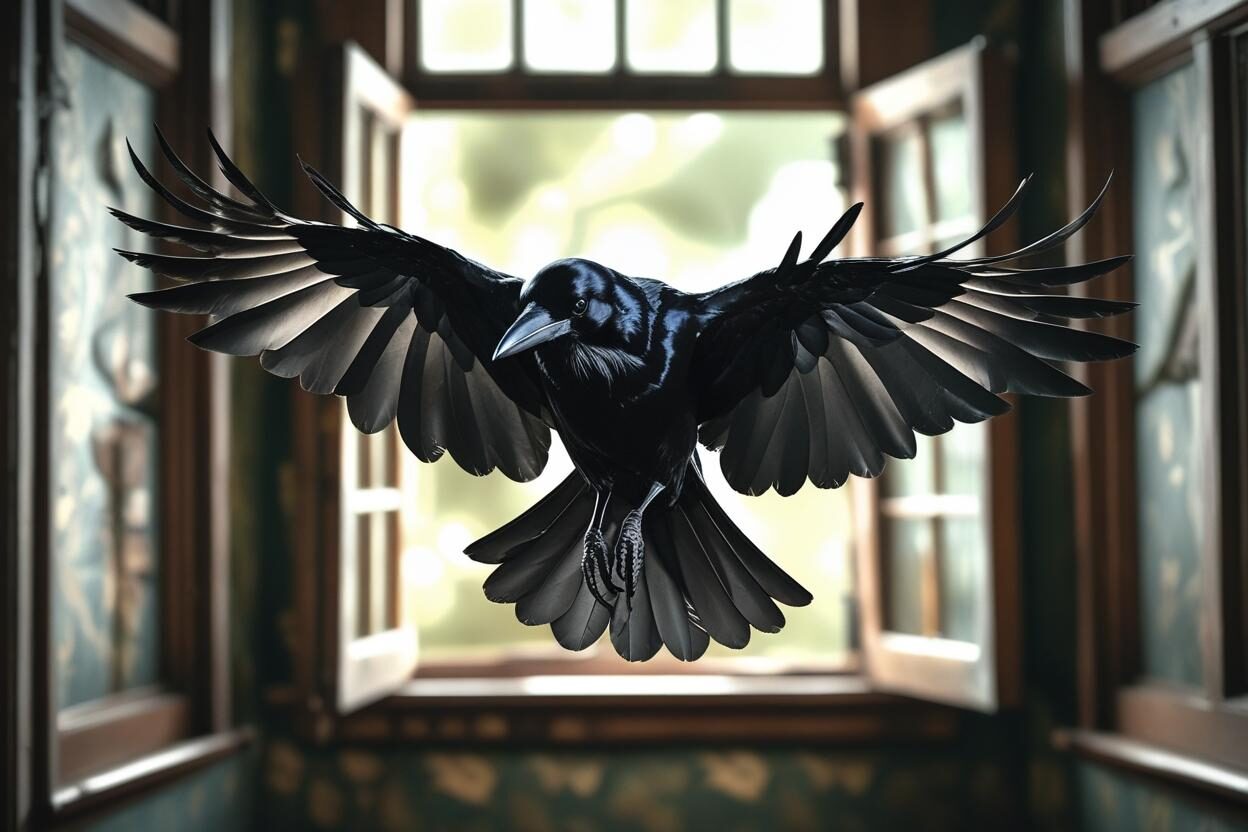
Have a bird suddenly fly inside? That flutter can be disquieting, especially across many cultures, it’s seen as an omen. In Celtic, Irish, and other European traditions, birds entering the home could signal illness, change, or even death. Some believe a bird inside is a messenger bringing news and this could be good or bad, but the silence is never neutral. Even now, a startled family might pause and wonder if something’s shifting (an echo of old beliefs). One Redditor recalled “I was worried… I’d heard people say that birds doing that was an omen of impending death or bad luck”. Though many say it’s just a confused creature, that eerie feeling lingers, and in traditional households, an unexpected visitor like this still prompts a thoughtful moment.
9. Coin in a New Wallet

This belief is simple yet widespread: gift a brand-new wallet or purse with at least one coin tucked inside. It’s thought that starting with money in it ensures prosperity and leaving it empty “invites poverty.” In Russia and parts of Latin America, this tradition lives on, passed down through grandmothers and bridesmaids. One forum shared: “My nan has always done this… a coin in a purse is meant to mean the person receiving it will have good luck in terms of money” .
Folklore explains it several ways: coin = wealth, so the wallet will stay filled; or money breeds money and like attracts like. Some add a meaningful coin like a silver dollar or a lucky date. Whether or not it actually works, it’s a warm gesture, a small wish for someone’s financial well-being packaged into a thoughtful gift.
10. No Whistling Indoors at Night

In many cultures like the Slavic, East Asian, and more, whistling inside after dark is either unlucky or dangerous. Slavic folklore says it means whistling “money away,” and risking a thin wallet. In Turkic and Chinese traditions, nighttime whistles may summon evil spirits or weather. The superstition still echoes in households today. One Redditor shared: “When a person whistles in the house, he attracts the wind… this natural phenomenon can blow away all the wealth”. Even while most people might consider it silly, older relatives may still quiet children at bedtime: “Don’t whistle in here!” It’s a cultural echo of respect – quiet the night, and protect your fortune.
11. Don’t Step on a Crack

“Step on a crack, break your mother’s back” is more than a playground rhyme, it reflects a deep-rooted fear of disrupting cosmic balance. Cracks in sidewalks or floors, often seen as fault lines in the earth, represent boundaries that shouldn’t be crossed lest you unbalance your world or bring harm to loved ones. This belief is common in Europe and the U.S., whispered to children as a warning to be careful. People still avoid stepping on cracks in tunnels, cemeteries, or patterns of flagstone. Even adults will sometimes pause on walks, shifting their steps to avoid a “bad break.” It’s playful, but beneath the rhyme lies an age-old anxiety of respecting thresholds to keep chaos in check.
12. Wash Hands After a Funeral

Hand-washing outside a funeral before entering home is observed in Jewish, Japanese, and other traditions. The act isn’t about hygiene alone, it’s symbolic cleansing, washing away spiritual residue. In Judaism, mourners wash their hands before returning to normal life; in Japan, it’s part of a ritual purification called misogi. It shows respect for the boundary between the world of the living and the world of the dead. Many still follow this, especially in religious families or traditional ceremonies. It’s a calm, reflective moment, and a pause to acknowledge grief and then release it, letting you re-enter daily life with clearer hands and heart.
13. Charm for a Cute Baby

In Mediterranean, Middle Eastern, and South/South Asian cultures, commenting on a baby’s cuteness isn’t done lightly. Compliments risk drawing the evil eye or envy that could harm the child unless softened with a protective gesture. Common acts include touching wood, reciting a blessing, spitting three times, or displaying a nazar amulet. Without them, bright eyes are believed to invite more than admiration, they might attract misfortune. Parents and visitors still practice this with a soft “Mashallah,” touching the baby’s feet, or even a discreet sign of horns as all part of shielding innocence. They are a heartfelt community’s way of saying “I cherish this life, and I protect it.”
Behind each ritual lies a universal human longing to influence fate, guard against the unknown, and care for our loved ones. Though we may smile at the oddity of it, these superstitions remain quietly woven into our lives.
This story 13 Common Superstitions People Still Believe In was first published on Daily FETCH


